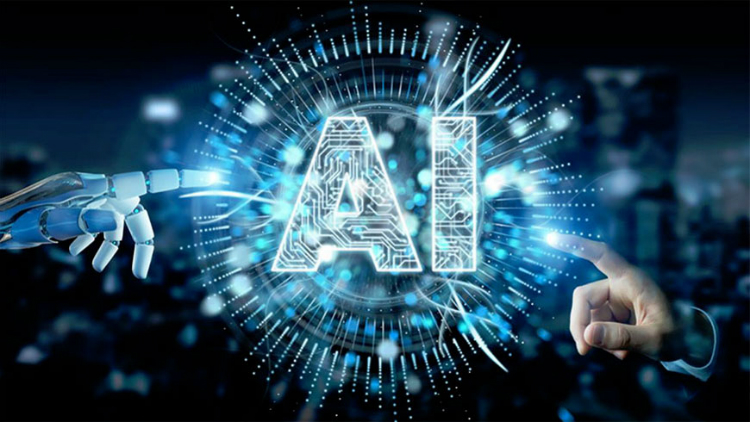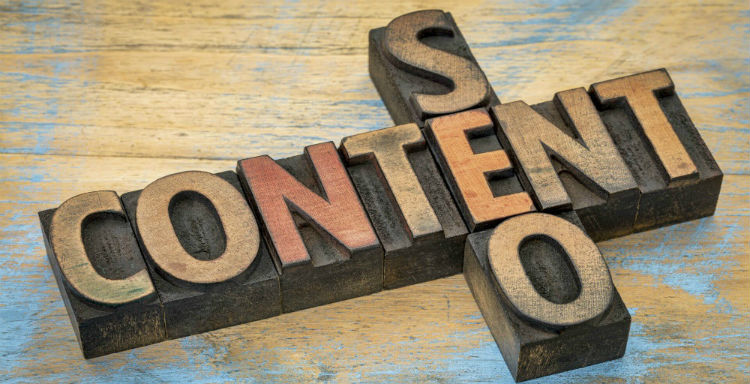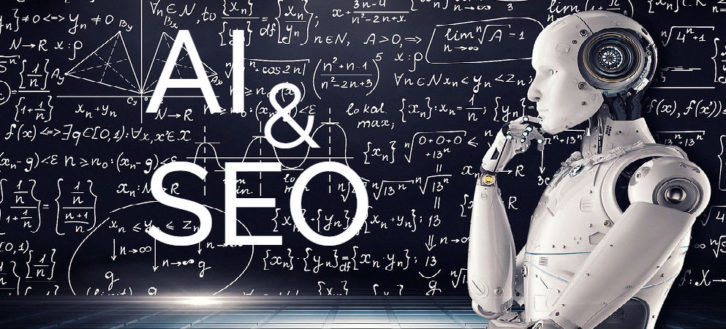Over 85% of marketers and companies thriving on AI affirm superb and fast changes for their businesses. For many brands, AI is fast becoming an indispensable tool for numerous strategies, which include content marketing and SEO.
- Complex on the surface, artificial intelligence in SEO is actually simple. It predominantly depends on your AI maneuvering.
- Your business can use AI for powering your SEO and content mechanism in concrete ways. It starts with finding your AI specifically for SEO tool/software.
- There are noted applications that evaluate content topics’ SEO along with current pages, providing data-driven and actionable suggestions in the realm of SEO and keyword targeting.
- Additionally, it channelizes extra features for predicting reoptimized or fresh content’s performance.
- Regardless of your choice of AI application, you need to weigh in your options and AI software’s cost.
- Choosing a strong and trustworthy platform with a good reputation for results is important.
- Choosing your content topics is also crucial. After getting the AI pathway, you can leverage it for SEO. You can mostly use it for new content. You can also use AI for reoptimizing past content.
- Some prominent tools to find new content ideas are keywords FX, Answer the Public and FAQ Fox. After compiling your topics and keywords, you can incorporate AI into your SEO strategy.

On the impact
With the unstoppable AI juggernaut, it has become indispensable for every brand to revive or restructure their marketing strategy. AI integration is the first step.
- AI-power tools or chatbot drivers have immense ability to perform countless functions. They analyze interminable data and shape your SEO panorama. They are currently making inroads into mainstream branding and marketing.
- Some experts are clear that AI’s impact on SEO in this year is still a long way to go. Users are integrating machine learning and AI, but it’s more theoretical as of now.
- While you do have AI elements in classification and search ranking, the action of effectuating a radical change in different legacy fields is still a far cry. It’s quite complicated.
- Despite countless developments happening rapidly, machine learning still faces rigorous challenges.
- Some experts also opine that AI won’t have a huge impact on SEO industry. Google will eventually underline proper content and smooth UX for users, irrespective of your SEO tools.
- However, you’ll still experience the rise and evolution of AI technology that’s bound to condition your work, sooner or later. The three main areas are AI search, AI content writing, and AI on-page evaluation (technical).
- With increasing competition on the internet, factors influencing search algorithms are also developing more complications.

On AI integration
With AI in SEO, there will be little to no Black Hat SEO techniques. You can bid goodbye to unnatural and unnecessary link building, keyword stuffing, link stuffing, and average content and overdone anchor text.
- Generally, black hat SEO formula seeks to use loopholes in SEO algorithms for obtaining top website rankings.
- With time, AI advancement in search signals may widen the pitch for SEO plans focusing on relevant content.
- You also use AI to identify spam and filter it. There are countless web links, many of which are irrelevant.
- You can find brands dishing out such unnecessary material through press releases, emails, and promotions.
- Google actually penalizes such incoherent links. With AI, real-time data is going to acquire mammoth proportions. One of the biggest impacts of AI on SEO in 2020 is the effectiveness and pace it will lend to marketing directives worldwide.
- AI can not only organize and streamline search words and keywords; it will also underline how to implement these terms in the right manner.
- Another thing that you cannot skip is price shifts in real time. As analytics advance, pricing will become more dynamic and fluid.
Thrust on content
The main context is search engines. Their intuitive elements have grown, and now integrate linking and user engagement aspects while working on a website. For Google, user-experience continues to be priority number 1.

Experts opine that Google seeks four prominent user experience indicators. These are dwell time, organic click-through rate, and pogo-sticking and bounce rate. Here, it’s pivotal for a user to click through to your content and find the right content.
- Apart from enhancing your content’s quality, you need to ensure that your site is accessible and navigation is easy from all devices or/and browsers.
- Video has a lot of power. Search engines don’t have an illustrious history of indexing or curating videos. AI is changing all that and brands are brimming with opportunities to market their videos.
- The mercurial rise of video content is making SEO firms focus on visual content, which is why you see the vibrancy of Instagram. You have tools to buy Instagram likes and grow your following.
- When content is visual, you need to optimize it too. That may give room to a new class of videographers and artists specializing in SEO content.
Sticking to a niche
Experts suggest SEO markets to operate in a niche for avoiding misappropriation and wrong classification. Google understands that they could impart the new deep learning format to users by teaching the basic difference between good and bad sites.
- It’s much like measuring algorithms in sync with search results. It’s a different route as different verticals contain many types of CRMs, and diverse data structures and varied templates.
- With AI tools, you can learn about the correct devices for specific environments.
- For example, in the food sector, Google knows that a reputable site will be your lookout and should be atop of their searchable index.
Tools and the overall impact
AI tools integrating machine learning help you in understanding the themes within your search engines. These tools use keyword potency and power with respect to your content topics.
You get suggestions to decipher the best content pathways and build fine SEO skills. AI also bolsters social media marketing and web analytics. You can use AI to optimize organic search and gain more ground. Tools like Market Brew show the reasons behind some sites’ rankings.
One crucial point is in addition to technology, it’s pivotal for marketers to have the right people to incorporate AI in their SEO operations.
About the Author
Karen Anthony is a Business Tech Analyst. She loves to share her tips with friends.


